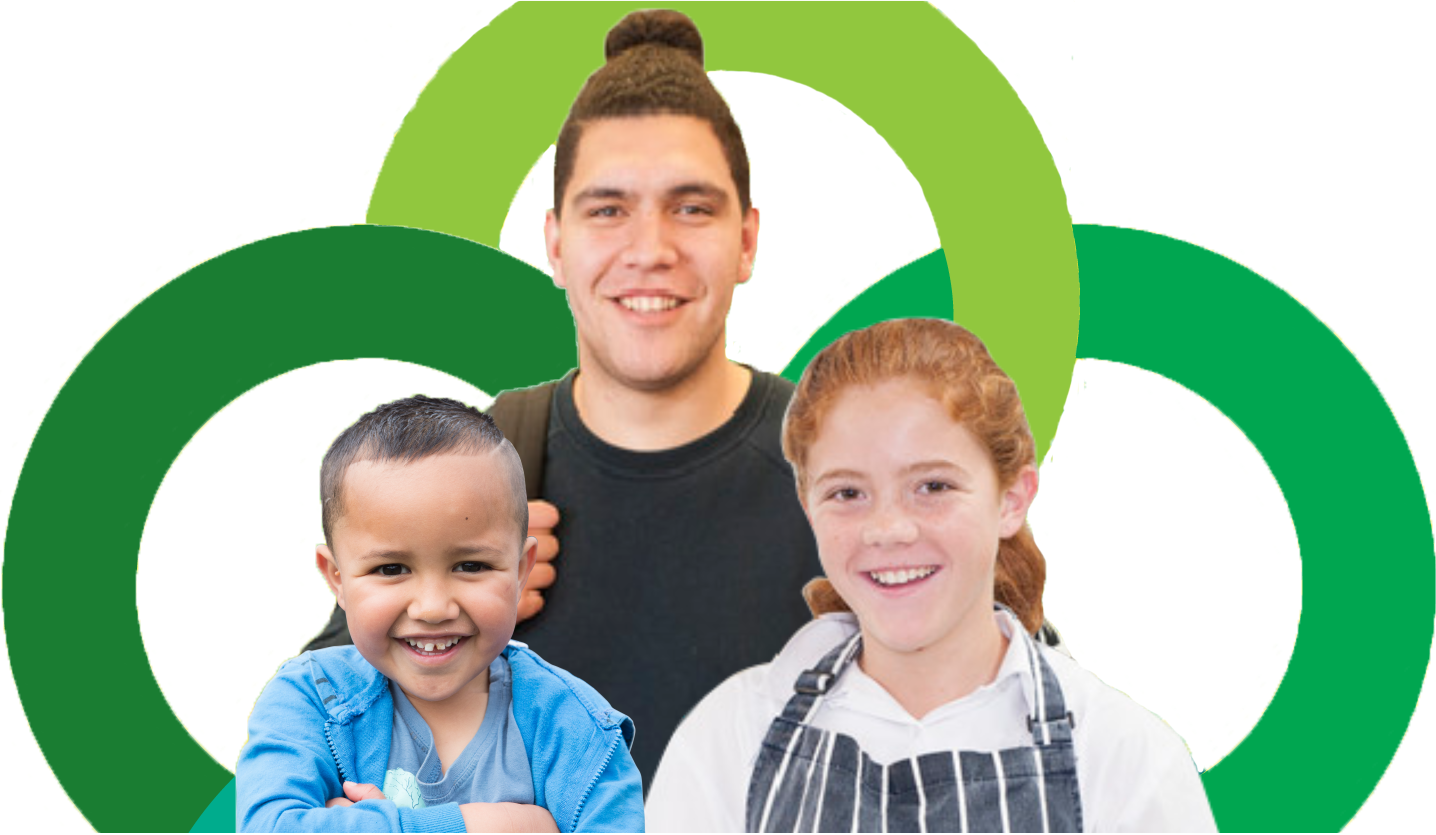
Pedagogy for gifted children in all early childhood settings aligns with the vision set out in the principles and goals of Te Whāriki, which promote educative experiences in which children:
Pedagogy for gifted children in early childhood settings also aligns with the principles of effective differentiation and a personalised approach to learning. Schools/ECE settings utilise a number of pedagogical approaches in the delivery of the curriculum, including the curriculum strands of well-being – mana atua; belonging – mana whenua; contribution – mana tangata; communication – mana reo; and exploration – mana aotūroa.
Te Whāriki emphasises that ‘..all children will be empowered to learn with and alongside others by engaging in experiences that have meaning for them. This requires kaiako to actively respond to the strengths, interests, abilities and needs of each child and, at times, provide them with additional support in relation to learning, behaviour, development or communication.' (MoE, 2017, p. 13). 'A pedagogy of listening' (Rinaldi, 2001) to children's 'multiple languages' (Malaguzzi, 1998) provide educators with frameworks to further support them as they seek to identify the needs of gifted learners and to co-construct learning (Cannella & Viruru, 2002; Heald & Manuela, 2013) to meet these needs.
Ministry of Education (2017). Wellington.
Margrain, V., & Farquhar, S. (2012). The education of gifted children in the early years: A first survey of views, teaching practices, resourcing and administration issues APEX: The New Zealand Journal of Gifted Education, 17(1).
PDF, 419.00 KBBruner, J. (1967). On knowing: Essays for the left hand. Boston: Harvard University Press.
Cannella. G.S. & Viruru, R.(2002). Privileging child-centered, play-based instruction. In G. S. Cannella, Deconstructing early childhood education: social justice and revolution. Rethinking Childhood, Volume 2. (3rd Ed). New York:Peter Lang Publishing.
Edwards, C. P., Gandini, L., & Forman, G. E. (1998). The hundred languages of children: The Reggio Emilia approach--advanced reflections. Greenwich, Conn: Ablex Pub. Corp.
Harrison, C. (2003). Giftedness in early childhood (3rd edition). Sydney, Australia: GERRIC.
Heald, D. & Manuela, L.(2013). Children as teachers and teachers as learners. In A.Grey & B.Clarke (ed), Nga hurihanga ako kohungahunga: Transformative teaching practices in early childhood. Auckland, New Zealand: Pearson Education.
Malaguzzi, L. (1998). The hundred languages of children.
Margrain, V., Murphy, C., & Dean, J. (2015). Giftedness in the early years: Informing, learning and teaching. Wellington: NZCER Press.
Richardson, E.S. (2012) In The Early World. (3rd edition) Wellington: NZCER Press
Rinaldi, C. (2001). The pedagogy of listening: the listening perspective from Reggio Emilia. Innovations in early education: the international Reggio exchange 8 (4) Fall.